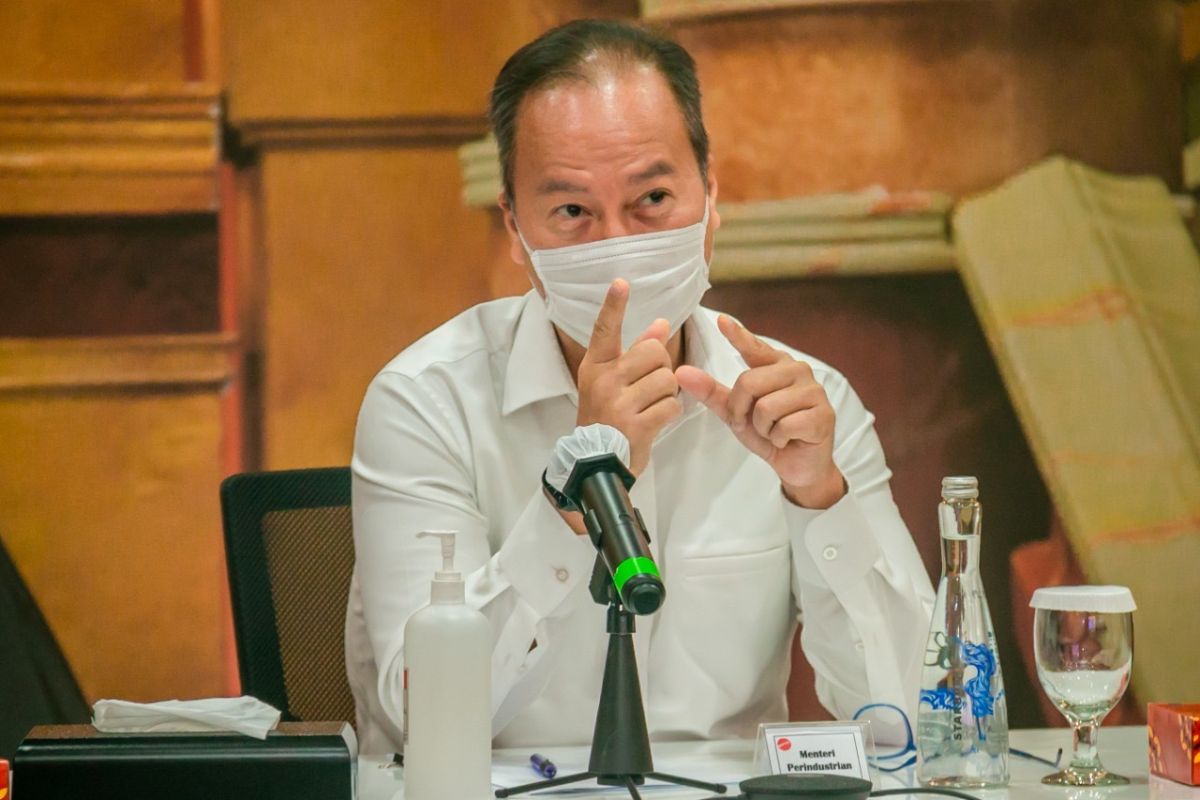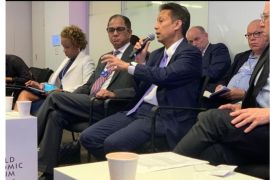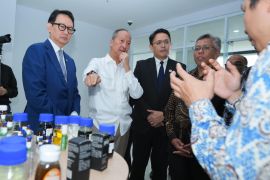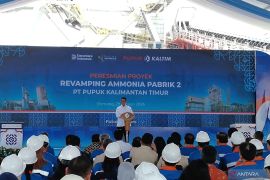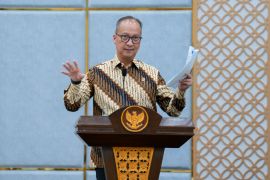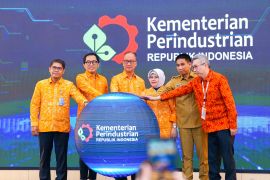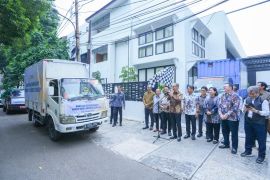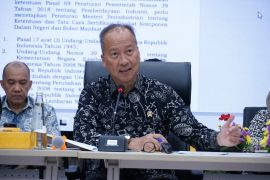“Indonesia's manufacturing PMI, which increased again in September, proves that the performance of the industrial sector is getting better and shows stable development. In this case, production activity has played an important role in increasing the index, which has been supported by increased demand, especially from within the country," Kartasasmita said in a statement released here on Monday.
The increase in production and expansion of new domestic demand pushed the rate up in September 2022 to 53.7, up from 51.7 in August 2022.
The results of an S&P Global survey showed that Indonesia's manufacturing sector expansion rate during this period was the most rapid in eight months and overall solid.
At the ASEAN level, Indonesia also showed the strongest improvement in the health of the manufacturing sector, as manufacturing conditions improved across the region.
Indonesia's manufacturing PMI in September surpassed global manufacturing PMI of 50.3 and that of ASEAN (53.5), Malaysia (49.1), Vietnam (52.5), the Philippines (52.9), and was even higher than that of China (48.1), Japan (50.8), and South Korea (47.6).
The Industry Minister said the increase in production could be seen in the electronics industry, the non-metallic mineral industry, as well as the machinery and equipment industry.
Related news: Manufacturing PMI in August 2022 indicates more stable recovery: BKF
In the electronics industry, the increase in production was mainly observed in the purchase of laptops to fulfill the demand for government spending as well as the central government requiring entities to purchase domestic products.
Furthermore, the increase in industrial production of non-metallic minerals, which included cement, ceramics, and glass products, was due to increasing demand for materials for the development of infrastructure by the government as well as property by developers.
"In addition, there was also government spending that was distributed to the community in the form of social assistance," he added.
However, S&P Global saw a decline in foreign demand for the Indonesian companies surveyed.
In response to that finding, the minister said he believes that the decline was the result of inflation in destination countries such as China, the United States, and European countries, which impacted the exports of several Indonesian manufactured products.
However, CPO exports from Indonesia have returned to normal after previously facing issues.
Rising demand in September also supported growth in other aspects, such as employment and purchases. This was also assisted by the easing inflation rate and output costs.
S&P Global Market Intelligence economist Laura Denman said input cost inflation and selling prices eased to 20-month and 15-month lows, respectively.
Related news: Indonesia's manufacturing PMI continues to increase in July
Related news: RI's Manufacturing PMI indicative of conducive industry situation
Translator: Sella P G, Mecca Yumna
Editor: Suharto
Copyright © ANTARA 2022
